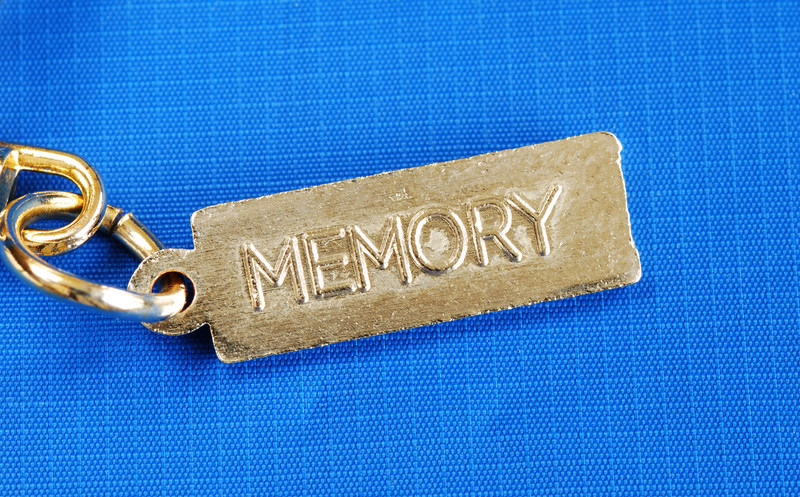Memory slips in your 70s may be an early hint of future dementia

ARCHIVED CONTENT: As a service to our readers, Harvard Health Publishing provides access to our library of archived content. Please note the date each article was posted or last reviewed. No content on this site, regardless of date, should ever be used as a substitute for direct medical advice from your doctor or other qualified clinician.
Of all the health issues that loom large with age, memory loss is among those that provoke the most worry. A big reason is the uncertainty: people often wonder if their occasional memory slips are just a normal part of growing old or early signs of Alzheimer’s disease, the most common form of dementia. A study, published in today’s issue of the journal Neurology, sheds some light—and perhaps offers a bit of reassurance—about the connection between self-reported memory loss and a diagnosis of dementia.
The study included 531 people with an average age of 73 and no signs of Alzheimer’s or signs of dementia. They took memory and thinking tests every year for an average of 10 years. Researchers also asked participants if they noticed any changes in their memory over the past year. Slightly more than half reported memory changes, at an average age of 82.
About 1 in 6 developed dementia during the study, and 80% of those had previously reported memory changes. But it took about nine years from the first self-report of a memory change, a possible early sign of dementia, to a diagnosis of mild cognitive impairment, an intermediate stage between normal memory loss and dementia. The transition to dementia usually took about 12 years.
That relatively long time period means that if you notice troubling memory changes, there’s no cause for immediate alarm, as the study authors note (see “Memory loss warning signs: When should you worry?”). That period could offer a window for intervention during those first early signs of dementia, but we don’t yet have any proven therapies to prevent or stop Alzheimer’s disease or other memory-related illnesses.
Still, this study is a valuable addition to our understanding of Alzheimer’s progression, says neuropsychologist Rebecca Amariglio, PhD, an instructor in neurology at Harvard Medical School. “We’re never going to cure or delay Alzheimer’s if we don’t start to identify what goes on early in the disease. Early intervention is where things are headed,” says Amariglio, who studies early indicators of Alzheimer’s disease.
If you’re concerned about your memory, see a doctor and get a baseline assessment. It can be used as a comparison in the future. If you’re between 65 and 85 years of age and have normal memory and thinking skills, you might be eligible to enroll in large, nationwide study to test a new investigational treatment to slow memory loss cause by Alzheimer’s disease. You can learn more about the “A4” (Anti-Amyloid Treatment in Asymptomatic Alzheimer’s) study, led by Harvard Medical School professor of neurology Dr. Reisa Sperling, at http://a4study.org.
Memory loss warning signs: When should you worry?
| Probably normal aging | Potential signs of cognitive decline |
| Walking into a room and forgetting why you entered. | Getting lost in familiar surroundings. |
| Having trouble recalling the names of unfamiliar people. | Having difficulty remembering important details of recent events. |
| A change in memory compared with when you were younger. | Difficulty following the plot of a television program or book because of memory problems. |
| Memory changes similar to other people of the same age. | Memory problems that are worse than those of people your same age. |
| Misplacing items, but later recalling where you put them. | Misplacing items and being unable to relocate them later. |
| Source: Rebecca Amariglio, Harvard Medical School | |
About the Author

Julie Corliss, Executive Editor, Harvard Heart Letter
Disclaimer:
As a service to our readers, Harvard Health Publishing provides access to our library of archived content. Please note the date of last review or update on all articles.
No content on this site, regardless of date, should ever be used as a substitute for direct medical advice from your doctor or other qualified clinician.















